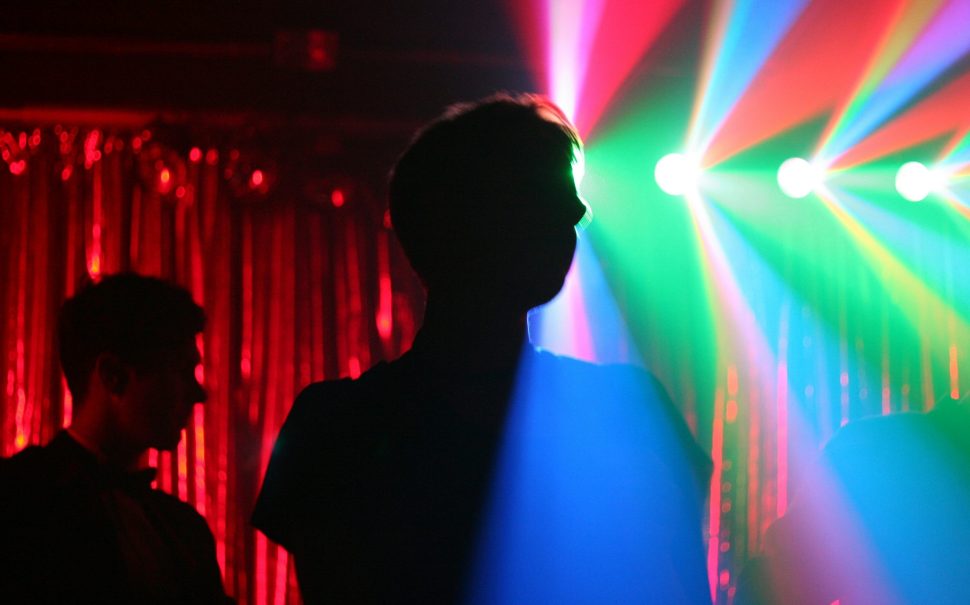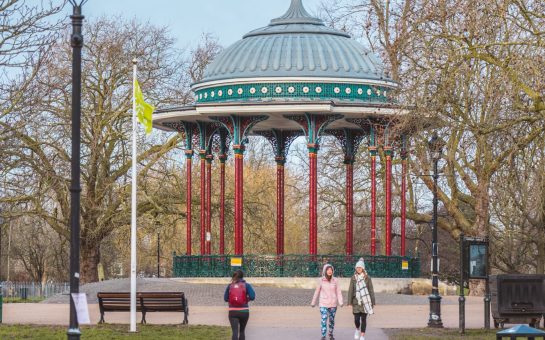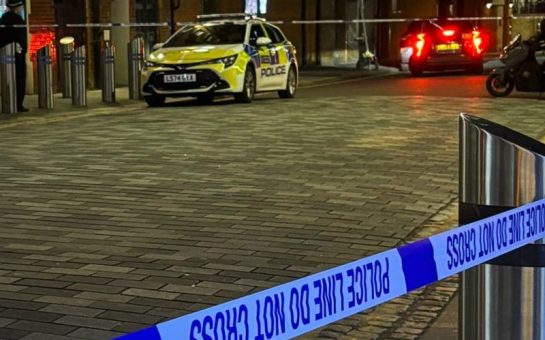London’s nightlife is under threat as iconic venues continue to close amid gentrification and rising rents, with a specific hit on the city’s LGBTQ+ night-time spaces.
More than 3,000 night-time economy businesses in London have closed since the start of the pandemic, data from the Night-Time Industries Association (NTIA) has revealed.
However, it is London’s queer night-time venues that seem to be suffering the most, as more than half of London’s LGBTQ+ venues closed between 2006 and 2022.
This decline includes major queer institutions as venues like The Divine (Dalston), The Glory, and G-A-Y Late, have all been forced to close or relocate, data from the Greater London Authority show.
Natasha Yasmin, who frequents London’s queer club nights said: “I have definitely noticed that there are fewer spaces to go to and only certain areas in London that are still designated or renowned for having queer spaces.
“There has certainly been no expansion anyway, and I definitely feel there is a more homogenised approach to club nights – same music, same atmosphere – and some identity of certain spaces has clearly been lost.”
Since 2006, 127 queer venues have closed in London whilst only 60 remain open, data from the Greater London Assembly (GLA) Economics report shows.
This also includes two venues that continue to run as a business but no longer identify as LGBTQ+ spaces.
Post pandemic, only two new queer night-time venues have opened in London, both of which have since closed, and 11 more have shut their doors for good.
Yasmin said: “Going out late at night and drinking can make you vulnerable no matter who you are, and being part of the queer community can increase that vulnerability.
“Having that safe space is vital with people who can identify with you and hold space for you which means a lot for the queer community.”
Consumer spend in the NTIA report was £136.5bn in 2022, up from £95.7bn in 2021, showing a strong post-Covid desire to socialise.
A data note from the Mayor of London published at the end of 2024 stated more than 60 LGBTQIA+ venues were recorded in July 2024 – a small improvement from the plummet in 2017, when only 55 LGBTQ+ venues were open for business in the city.
Many of these venues are found in Inner London, particularly in Soho with smaller clusters in Vauxhall, Hackney and Clapham.
Deputy Mayor for Culture & Creative Industries, Justine Simons, said: “LGBTQ+ venues are at the heart of London’s nightlife, providing entertainment and employment for many Londoners, as well as safe spaces for our communities to enjoy and express themselves.
“Before Sadiq was Mayor, the capital had lost more than half its LGBTQ+ spaces over the course of a decade, but we’ve helped to stem this decline by protecting venues and supporting operators through the London Plan, The LGBTQ+ Venues Forum and our Culture at Risk Office.
“Venues have faced a number of challenges in recent years following the long-lasting impact of the pandemic and cost-of-living crisis, but we continue to work hard to support the capital’s nightlife.
“We’ve established an independent Nightlife Taskforce to examine and address issues facing our nighttime industries, and we are working with councils as part of an upcoming landmark pilot providing new strategic licensing powers to the Mayor.
“Our capital’s world-renowned nightlife is integral to our economy as well as the social fabric of our city, and we will continue to do all we can to ensure it thrives, as we build a better London for all.”
The GLA Economics report has also highlighted future trends they believe will start to take shape over the coming years, most of which shift towards experience-led socialising as London’s nightlife evolves.
Whilst the reputation of club venues or musical artists alone may not guarantee an audience, technology and immersive events are believed to play a significant role in the way we will consume our night time experiences.
The survival of its LGBTQ+ nightlife is considered by many a serious cultural concern and whilst recent data suggests a slight recovery and renewed efforts, the battle is far from over.
To help save these night-time venues, supporters are encouraged to support independent venues financially, promote their events, and advocate for policies that protect and support them, such as the Mayor’s LGBTQ+ Venues Charter.
For more information on London’s queer nightlife, visit the London Assembly website.
Image credit: Andrea Raspo via Unsplash License





